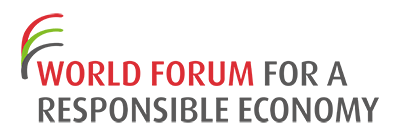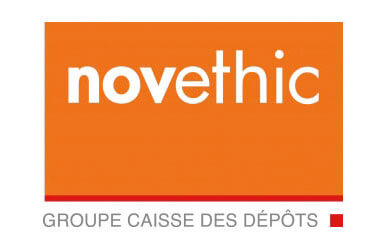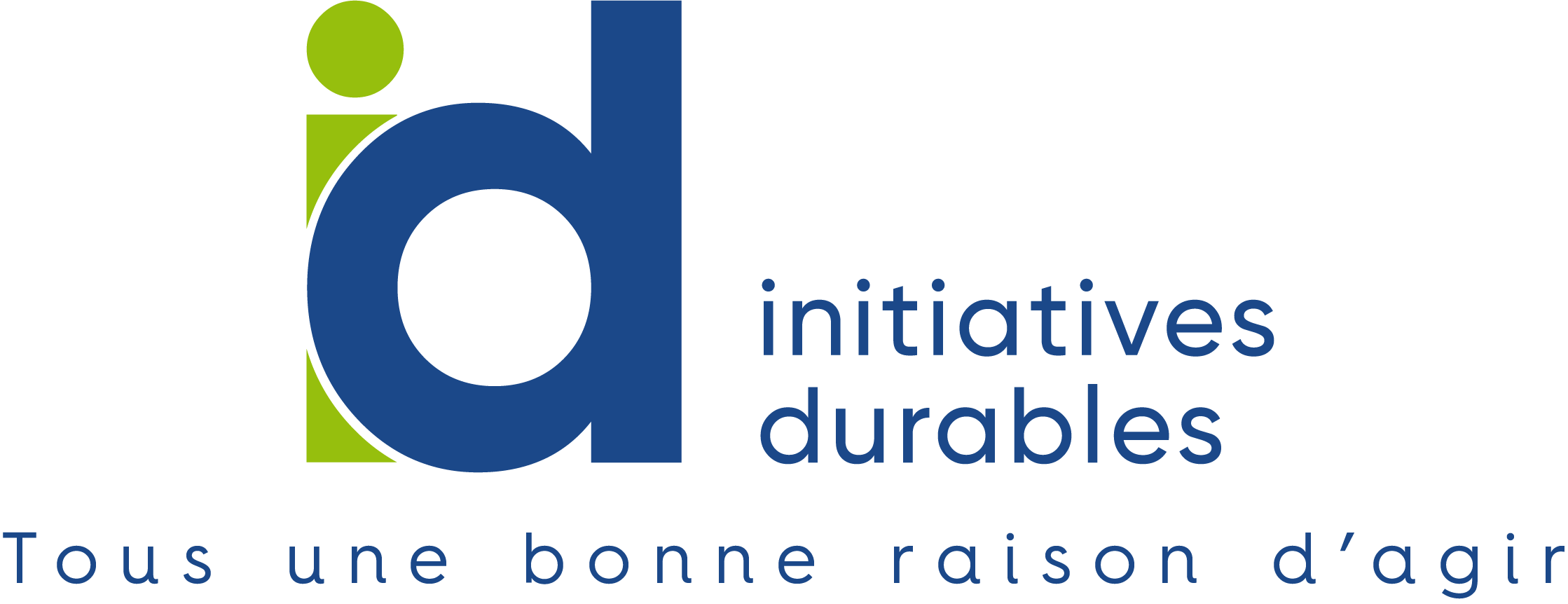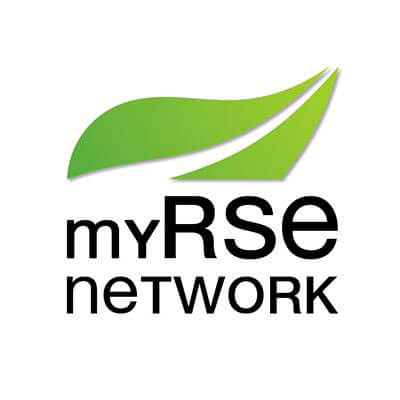Nestlé with headquarters in Vevey, Switzerland was founded in 1866 by Henri Nestlé and is today the world's leading nutrition, health and wellness company. Since Henri Nestlé first developed his successful infant cereal “Farine Lactée”, they have build their business on the fundamental principle that to have long-term success, they not only have to comply with all applicable legal requirements and ensure that all their activities are sustainable, but additionally they have to create significant value for society.
NESTLE's Corporate Business Principles and internal auditing
2. Human Rights
Human Rights and basic ILO principles

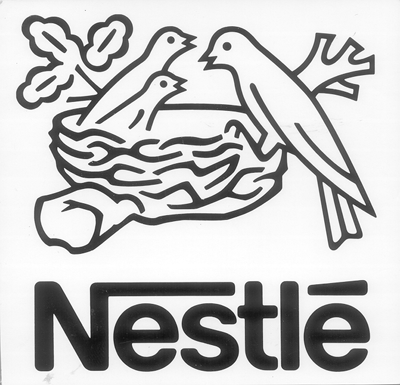
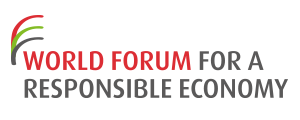
Context
Objectives
- To implement, run, and monitor better internal business principles.
APPROACH
Nestlé signed up to the UN Global Compact back in 2001 and immediately integrated the UNGC principles into the Nestlé Corporate Business Principles, which rule the behaviour of all their stakeholders. In 2009, Nestlé became a member of GCLead, a leadership platform comprising a select group of leading UN Global Compact “champion” companies. In all countries in which they have operations, they comply with the Fundamental Conventions of the International Labour Organization (ILO).
Nestlé’s Corporate Business Principles can be found here: http://www.nestle.com/Resource.axd?Id=70014B84-A4FC-4F82-BFA0-23939DC52E9D.
Nestlé has been working with the Danish Institute for Human Rights (DIHR) since October 2008, when the DIHR was consulted on the human rights aspects of the Corporate Business Principles revision. In 2009, and in the light of the “Protect, Respect, Remedy” framework of John Ruggie, Special Representative of the UN Secretary General on Business and Human Rights, the DIHR and Nestlé looked into the Company’s human rights responsibilities, risks and opportunities. A comprehensive human rights analysis of Nestlé corporate policies and systems across eight functional areas was concluded in November 2009, and is now under discussion.Support for such conventions, and compliance with local laws, is monitored through their CARE (Compliance Assessment of Human Resources, Occupational Health & Safety, Environment and Business Integrity) audit programme. This uses three independent external certification bodies to assess their commitment to socially responsible and environmentally sustainable business practices in four areas: occupational health and safety, labour standards, business integrity and the environment. More than 950 audits have now been conducted since CARE was piloted in 2005, with 435 audits taking place in 2009. During 2009, 1668 gaps were identified; 85% were minor (isolated, non-repetitive) gaps, 15% were major (systematic, repetitive) gaps and none were critical gaps requiring immediate remedial action. They aim to extend CARE to all Nestlé employees and all sites owned or operated by Nestlé by the end of 2010, and investigate those areas where systematic recurrent gaps are found.
CONTRIBUTION TO COMPANY PERFORMANCE
- Long-term perspective on business development through dialogues with external stakeholders.
Benefits
- Better working conditions for employees.
- Nestlé Corporate Business Principles is the foundation for the Company’s commitment to be environmentally sustainable and to create shared value.
- Turnover
- 80 milliard d’euros
- Country
- Switzerland







